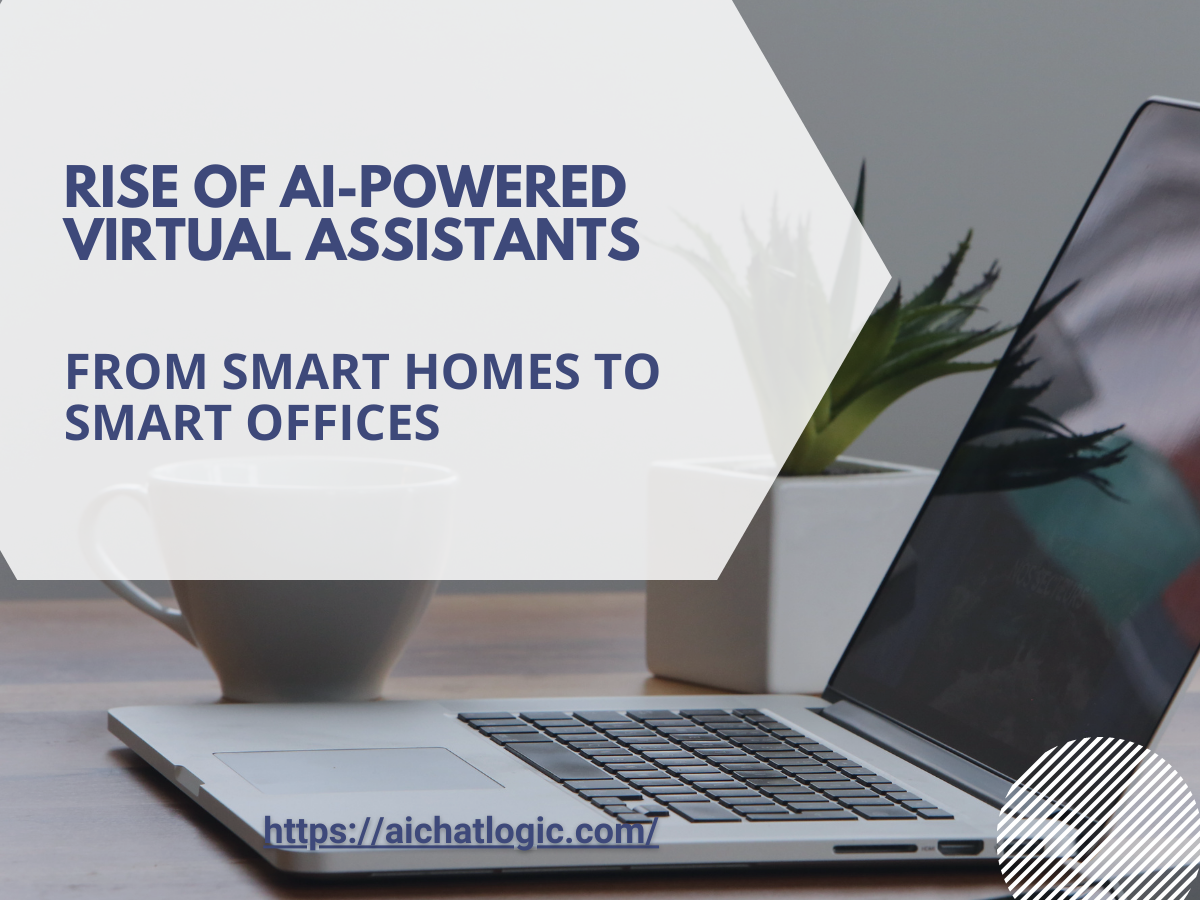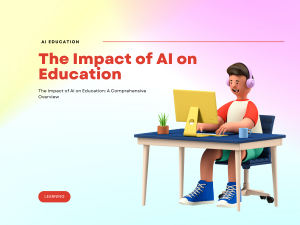1. Introduction:
AI-powered virtual assistants have gained tremendous popularity in recent years. These intelligent software programs leverage AI algorithms to provide users with personalized assistance, answer queries, perform tasks, and facilitate various functions. From voice-activated assistants like Siri and Alexa to chatbots integrated into websites, virtual assistants have become an integral part of our digital ecosystem. They have also made significant contributions to the transformation of smart offices, revolutionizing the way businesses operate.
2. Understanding AI-powered Virtual Assistants
AI-powered virtual assistants are designed to simulate human-like interactions and offer valuable support. By utilizing natural language processing (NLP), machine learning, and voice recognition technologies, these assistants can understand and respond to user commands. They can perform tasks such as setting reminders, sending messages, making phone calls, playing music, and even controlling smart devices in our homes and offices.
3. The Evolution of Virtual Assistants: From Simple Programs to Advanced AI
Virtual assistants have come a long way since their inception. Initially, they were simple programs capable of performing basic tasks. However, with advancements in AI, virtual assistants have become more sophisticated and capable of understanding complex commands. They can adapt to user preferences, learn from interactions, and provide more personalized experiences.
4. Enhancing Efficiency in Smart Homes with AI-powered Virtual Assistants
One of the most significant applications of AI-powered virtual assistants is in smart homes. These assistants can integrate with various smart devices, allowing users to control their home environment with voice commands. From adjusting thermostats and lighting to managing home security systems and entertainment devices, virtual assistants simplify daily tasks and enhance convenience.
5. Transforming Workplaces with AI-powered Virtual Assistants
AI-powered virtual assistants have also found their way into smart offices, revolutionizing the way businesses operate. These assistants can handle administrative tasks, schedule meetings, manage calendars, and even assist in data analysis. By automating routine tasks, virtual assistants enable employees to focus on more strategic and value-added activities, improving overall productivity.
6. Virtual Assistants in Business: Enhancing Productivity and Streamlining Operations
In the business world, AI-powered virtual assistants have proven to be invaluable tools. They can help professionals organize their workflow, access critical information, and provide real-time assistance. Virtual assistants can also facilitate communication and collaboration among team members, irrespective of their physical locations, thereby streamlining operations and boosting efficiency.
7. The Impact of AI-powered Virtual Assistants on Customer Service
Customer service has been greatly influenced by AI-powered virtual assistants. These assistants can handle customer inquiries, offer support, and provide instant responses, ensuring round-the-clock availability. With their ability to understand natural language, virtual assistants can provide personalized solutions, enhancing the overall customer experience and satisfaction.
8. Ensuring Data Security and Privacy with Virtual Assistants
As AI-powered virtual assistants handle sensitive information, ensuring data security and privacy is of paramount importance. Developers have implemented robust security measures to safeguard user data. Encryption, authentication protocols, and privacy controls are incorporated to protect personal information and prevent unauthorized access.
9. Overcoming Challenges and Concerns with AI-powered Virtual Assistants
While AI-powered virtual assistants offer numerous benefits, there are also challenges and concerns associated with their implementation. Issues such as reliability, accuracy, and potential biases in responses need to be addressed. Moreover, ethical considerations regarding data usage, user consent, and transparency are crucial in building trust between users and virtual assistants.
10. The Future of AI-powered Virtual Assistants: Innovations and Possibilities
The future of AI-powered virtual assistants is promising. Advancements in AI and machine learning will continue to enhance their capabilities. We can expect more natural and human-like interactions, increased personalization, and improved contextual understanding. Virtual assistants may even incorporate emotional intelligence to better understand and respond to user needs.
11. Conclusion
AI-powered virtual assistants have emerged as powerful tools, transforming both our personal lives and professional environments. From smart homes to smart offices, these assistants offer convenience, efficiency, and enhanced productivity. As technology continues to advance, we can anticipate even more remarkable innovations and possibilities with AI-powered virtual assistants.
FAQs
- How do AI-powered virtual assistants work?
- Can virtual assistants understand multiple languages?
- Are AI-powered virtual assistants capable of learning from user interactions?
- What security measures are in place to protect user data?
- How will AI-powered virtual assistants evolve in the future?












+ There are no comments
Add yours